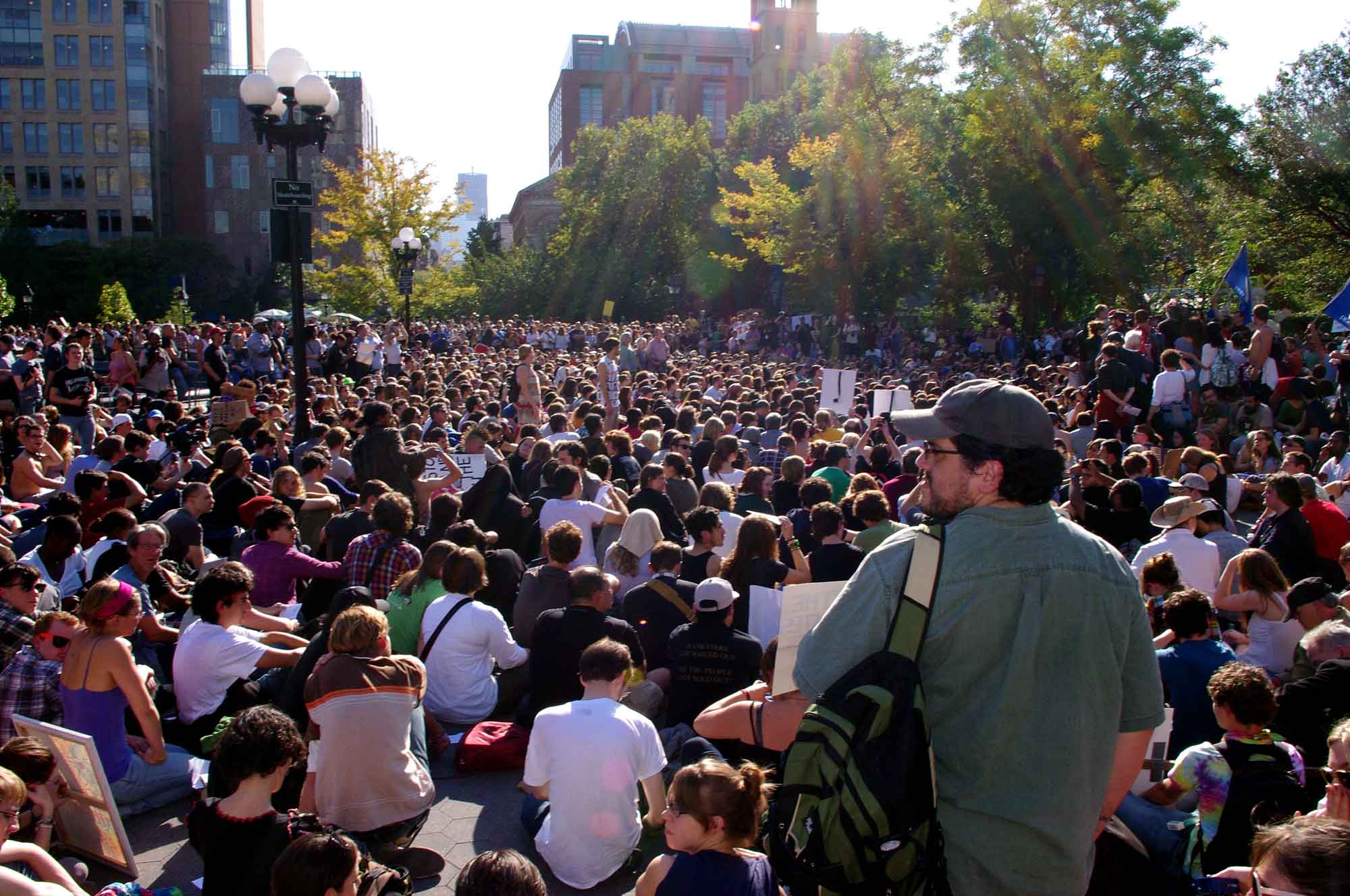Decisions in cities are normally made in a top-down approach without the involvement of the broader community. Because of that, a lot of people feel disconnected from what happens in their cities and do not approve of urban projects and developments and how money is being spent. With all the guidelines mentioned in this article, the specific form of how they happen on the ground should be implemented with bottom-up community feedback and involvement in deciding how things should happen.
Governance is the management of collective living, and essentially, governance has to shift from top-down to a more open, bottom-up, collective form of pinpointing what is important to focus on for each city. Cities should be accessible to all: economically, physically, socially, and even politically. Cities should be governed by the people and for the people. Citizens need to have a choice on how their public money is spent to create more inclusivity and shared responsibility. This also develops a sense of ownership where people feel like their cities are theirs.
There are less opportunities nowadays for people to have an open dialogue about what life they want to live and what future they want to co-create.
However, creativity and good ideas flourish when people feel inspired to contribute and merge their ideas together. We need to harvest the ideas, knowledge and skills of the community. We can access ideas from people who are not usually part of the process by using crowdsourcing. At the same time, urbanists should work collaboratively with other experts such as politicians, investors, ecologists, geographers to create holistic, multidimensional plans.
Smart Citiestechnologies could significantly improve how cities are managed and governed. Digitalization can steamline most of the processes and services that the public administration has to offer and reduce bureaucracy. Accountability and transparency will be increased, while the time of execution will be reduced. Long-term planning and strategies will have more predictability and reduce uncertainties. Decision making will become more accurate, while prioritization of work and investments will be easier. This would ultimately allow cities to evolve faster and provide better living conditions for their people.
Smart cities, AIand other advanced technologies give us better and more precise information about how cities work. When this information is shared with the public, decisions can be made in a participatory and informed way. People need to be conscious of the results of their actions and what impact they have on the environment so they can be more aware and protect it. They need to know how their choices affect the cities they live in. As people become more informed and conscious about the places they live in, they can contribute better to the collective evolution of society and regeneration of nature.
Participatory governance greatly enhances the sense of community and feeling of belonging to one’s wider social fabric. People are social creatures: they need to live in communities and be around others for their wellbeing. We are seeing a rise in depression among more and more citydwellers who are isolated. Good urban planning and design can alleviate some of these social problems by creating opportunities for people to be together and enhancing the sense of belonging in a community by designing the right kind of spaces.
